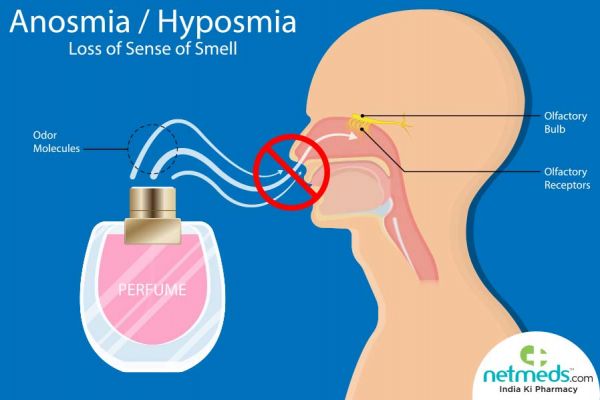
An oral yeast infection, gingivitis, an oral herpes outbreak, or periodontitis can all cause disruptions in your sense of taste. Oral infections can often lead to taste disorders. Exposure to toxic chemicals like benzene, formaldehyde, or paint solvents can also trigger a taste disorder. Other drugs that cause taste disorders include antibiotics, antidepressants, decongestants, anti-inflammatory agents, lipid-lowering drugs, muscle relaxants, and drugs for high blood pressure among others. This is a drug prescribed to treat high blood pressure or congestive heart failure. The most common drug that triggers a taste disorder is captopril (commonly prescribed under the name Capoten). Many medications can alter your taste perceptions. Prescription medications are a leading cause. There are a number of reasons why your sense of taste might not be working the way it should. Being an informed patient can help you bring your situation to your doctor's attention so that you can get the help you need. There are many reasons why a taste disorder might occur and there are different things you can do to get your sense of taste back. Unfortunately, the medical community often overlooks taste disorders. A taste disorder is not a life threatening condition, but it's disruptive and reduces your quality of life. For most people, a taste disorder distorts tastes or it affects some types of tastes, like sweet or salty, but not others. Some people with taste disorders lose their sense of taste entirely, but this is rare. Millions of people live with "taste dysfunction".

It's not going to taste like it's supposed to. But now, you're dreading the first bite because you know it's not going to taste like you remember. how you couldn't wait to take the first bite.


You can remember how this meal used to make your mouth water. Imagine you sit down to eat your favorite dinner.


 0 kommentar(er)
0 kommentar(er)
